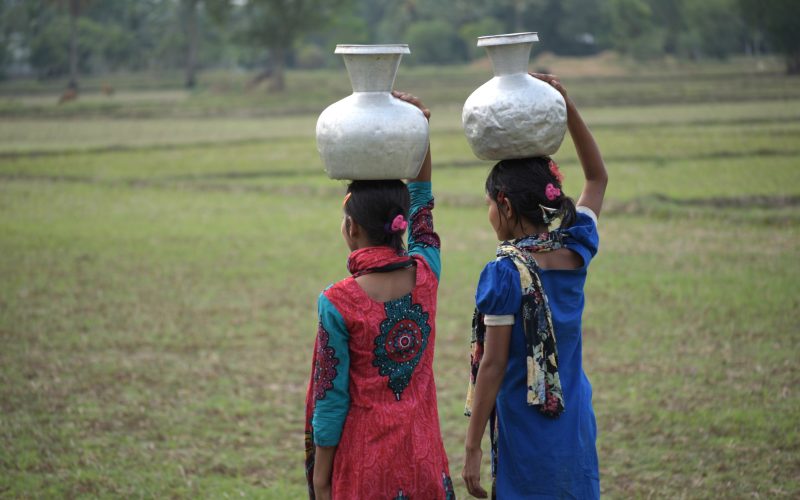Food for the Hungry completes long-term development work with the poor to transform impoverished communities into healthy, productive places for children to grow. We also support emergency relief to help shelter, feed and clothe survivors of natural disasters.
We are affiliated to the Food for the Hungry Association, an international NGO, with offices staffed by local nationals in 20 countries.
If you would like information on any of our projects or programmes please just email [email protected]
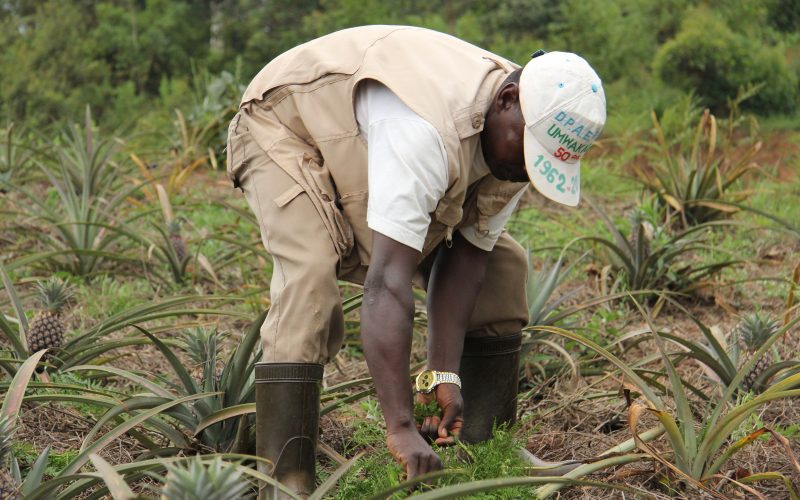
Burundi
Burundi is a small, densely populated and land-locked country in central Africa. The Global Hunger Index names 19 countries with “alarming levels of hunger.” Top of this list is Burundi with 73.4% of its population undernourished. The country also suffers from warfare, corruption and poor access to education.
See the impact your giving is having as measured in our mid-term evaluationWe support a programme in Mwumba, a poor community in northern Burundi, focusing on:
- Farming associations for the poorest including renting land
- Training in better farming techniques
- Care groups addressing health and nutrition for mothers and children
- Early child development (pre-school activity)
- Improving the provision of education
- Learning and Savings groups to enable the poorest to save and set up small income generating activities
- Church engagement, empowering churches to support the poorest and particularly children
We are seeing tangible progress and are seeking to increase the scope of the project and support more families.Our aim is to graduate the community from poverty within the next 5 years.
Uganda
Uganda is a landlocked country in East Africa. Within the country, poor infrastructure, a lack of jobs, high population growth, poor quality services and widespread corruption are major concerns. The country has also had to contend with a brutal 20-year insurgency in the north, led by the LRA.
We support projects in the poorest communities addressing education, health, livelihoods and resilience.In Eastern Uganda, in Namutumba we are addressing post-harvest handling by significantly reducing the wastage that arises after grain is harvested.The three-year project is funded by the Foreign, Commonwealth and Development Office under their UK Aid programme and seeks to have multiple benefits including higher incomes for farmers, improved food security and better child health.
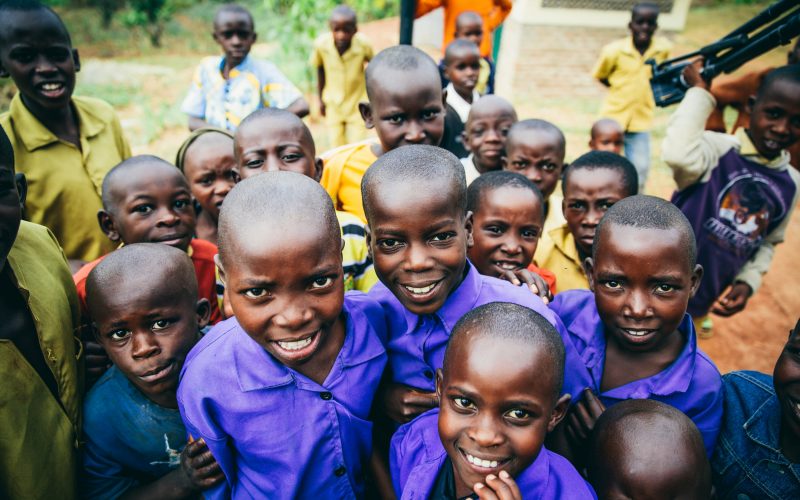
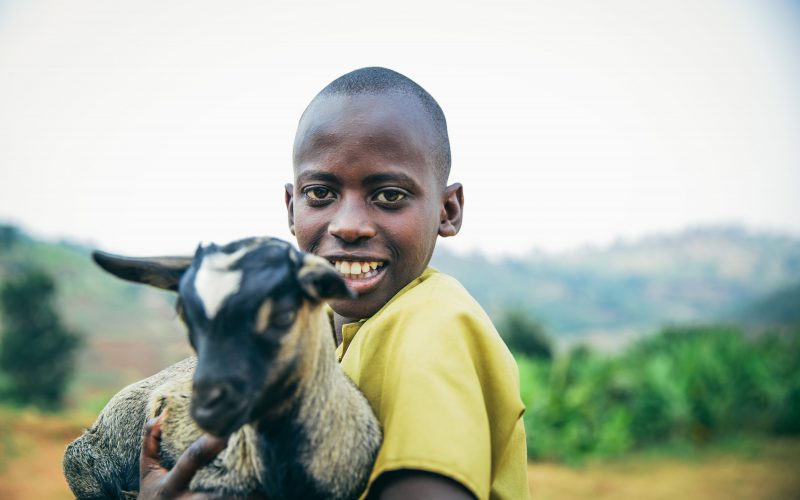
Kenya
Kenya is a country of many contrasts, from its landscape to demographics, and more so its social and economic inequalities. Kenya is one of the most unequal countries in the sub-region. A large percentage of its population of 45 million outside the affluent urban minority is poor. Access to basic quality services such as health care, education, clean water and sanitation is a luxury for many people.
FH primarily works in northern Kenya in the arid and semi-arid lands where climate change and neglect have created vulnerable communities.FH seeks to connect these communities with opportunity and to enable community transformation.A project to improve the operation of livestock markets was particularly successful in increasing the income of pastoralists.
https://vimeo.com/179180995
Bangladesh
Bangladesh is one of the most densely populated countries in the world. The total population is 164 million, of whom 15 million live in Dhaka. Bangladesh suffers from many problems such as poor infrastructure, political instability, and corruption. One of the main causes of rural poverty is linked to its geography. A large proportion of the country is low-lying and thus highly vulnerable to flooding. Many of the rural poor live in areas that are prone to extreme annual flooding which causes huge damage to their crops, homes and livelihoods.
Much of our success in community transformation in Bangladesh has arisen from work with the poorest women to help them discover their God given potential, restore their dignity and take their rightful place in community and family life.
Learning and savings groups are an opportunity for women to come together to achieve real change in their lives. Building on biblical values, the women learn literacy and numeracy, how to keep their families healthy, what their legal rights are and ways to earn an income for themselves and their family.
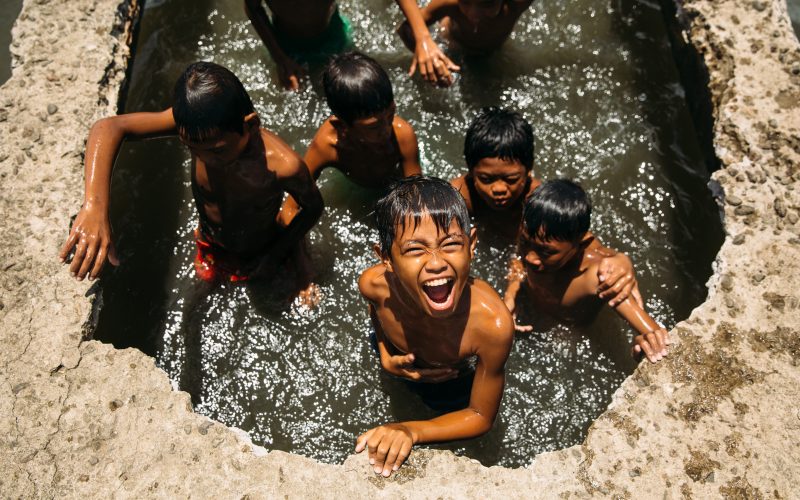
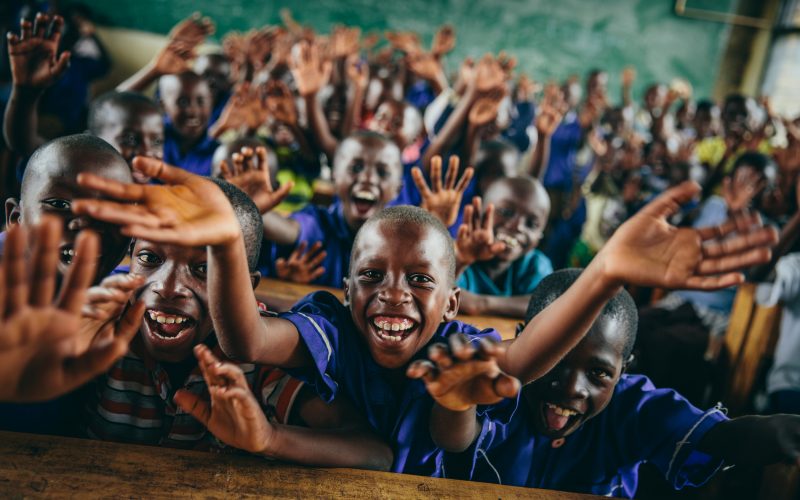
Rwanda
FH has been working in Rwanda since the genocide in 1994. FH counts itself as one of the major actors that have supported the country’s development in various sectors. FH prioritises education, nutrition and health in its child focused community transformation programmes.
We work in remote communities where there is limited support from others and help implement development solutions that are owned and managed by the local community themselves.
Ethiopia
Ethiopia, in the Horn of Africa, is a rugged, landlocked country split by the Great Rift Valley. It’s a place of ancient culture with sharp contrasts, from highly populated, mountainous highlands to sparsely populated, arid lowlands. High economic growth runs hand in hand with extreme poverty. FH in Ethiopia exists to help vulnerable households break out of the cycle of poverty and to bring community transformation. Since 1984, FH Ethiopia has supported communities in the following way:
- Helping families diversify their crops and access savings and credit services
- Organising Farming Training Centres to give access to better farming techniques
- Supporting small scale irrigation schemes
- Improving health through training and promoting behaviour change
- Improving the access to education
- Growing and developing community and church leaders
